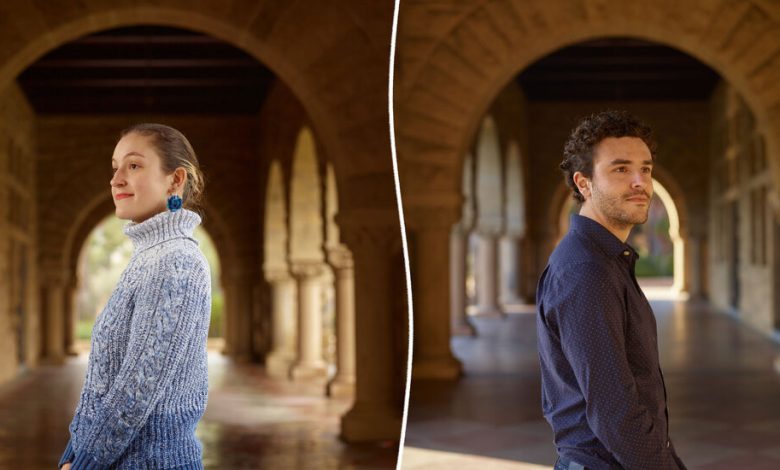Two Young Climate Scientists. Two Visions of the Solution.

Two good friends, Rebecca Grekin and Yannai Kashtan, met up one crisp December morning at Stanford University, where they both study and teach. The campus was deserted for the holidays, an emptiness at odds with the school’s image as a place where giants roam, engaged in groundbreaking research on heart transplants, jet aerodynamics, high-performance computing. Work that has changed the world.
Ms. Grekin and Mr. Kashtan are young climate researchers. I had asked them there to explain how they hoped to change the world themselves.
They have very different ideas about how to do that. A big question: What role should money from oil and gas — the very industry that’s the main contributor to global warming— have in funding work like theirs?
“I’m just not convinced we need fossil fuel companies’ help,” said Mr. Kashtan, 25, as we toured the lab where he works, surrounded by sensitive electronic gear used to detect methane. “The forces and the incentives are aligned in the wrong direction. It makes me very cynical.”
For Ms. Grekin, 26, that’s a delicate issue. Her entire academic career, including her Ph.D. work at Stanford, has been funded by Exxon Mobil.
“I know people who are trying to change things from the inside,” she said. “I’ve seen change.”
We spent hours that day — first at her lab, then in his, and then off campus at a hole-in-the-wall Burmese joint — as the two disagreed and agreed in amiable and insistent ways about some of the biggest questions facing the next generation of climate scientists like themselves.




